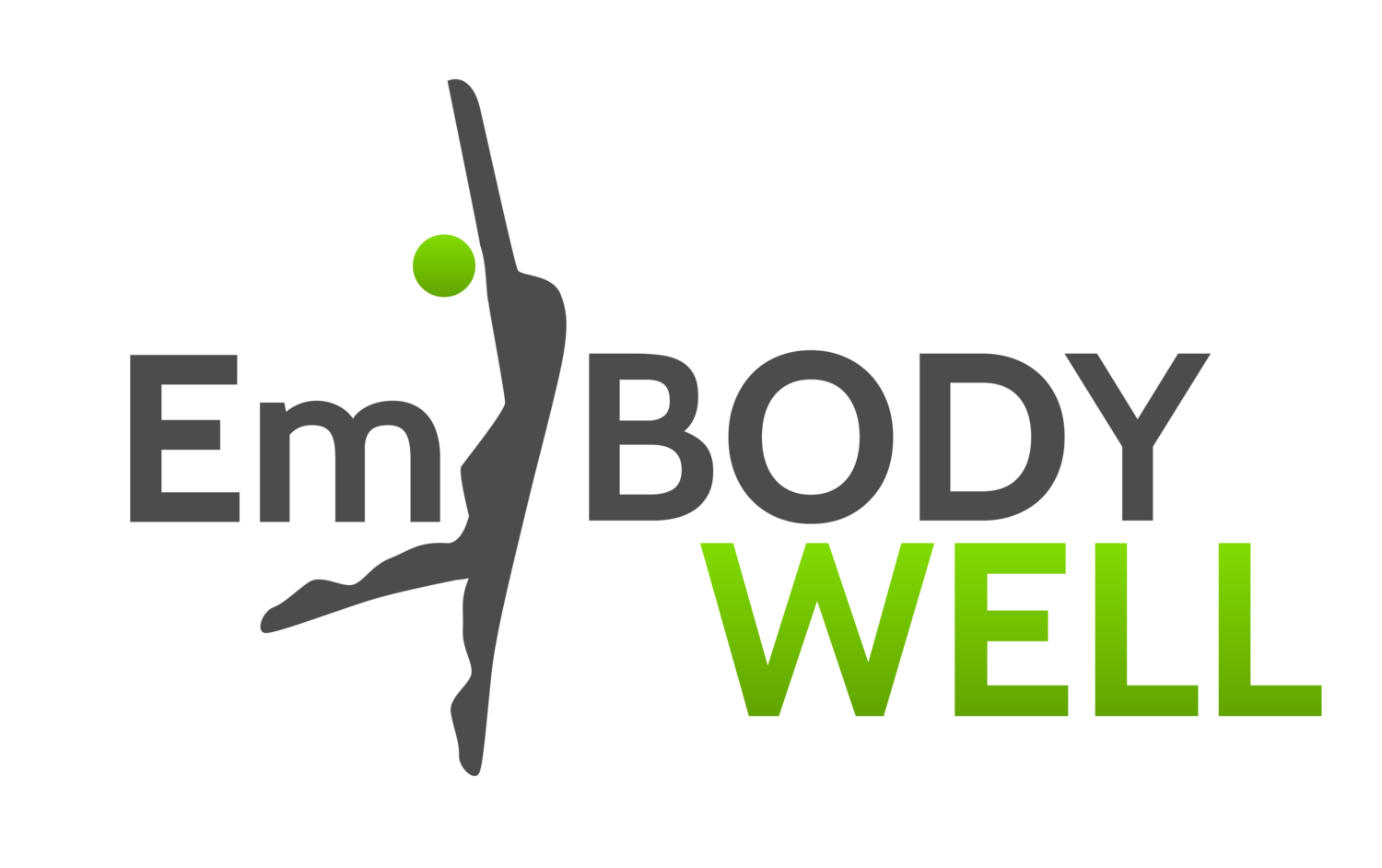Superfoods: Myth or Reality??
As a health coach, I am particularly interested in helping my clients and students “bust” nutrition myths and get to the truth of what will enable them to get and stay healthy. Of course, the first myth I usually have to “bust” is that there is any one way to get and stay healthy. Every BODY is unique in every way, including what is needed to be WELL...
...and that is especially true for the types of foods that benefit your BODY. This is important when discussing the concept of “superfoods” (so much so that I developed an entire wellshopTM dedicated to “Superfoods: Myth or Reality”).
The Oxford dictionary defines a superfood as “a nutrient-rich food considered to be especially beneficial for health and well-being,” while Wikipedia defines a superfood as “a marketing term used to describe foods with supposed health benefits.”
My experience has shown that the true definition lies somewhere between…
To start, both definitions have some degree of truth:
…nutrient-rich… – TRUE!
…especially beneficial… - TRUE!
…a marketing term… – TRUE!
…supposed health benefits… - TRUE!
The key is that the benefits are supposed until confirmed as beneficial based on an individual body’s unique nutrient needs and state of well-being at any moment. The key is the nutrient that you are deficient or in need of at the time. Given that, let me suggest a new definition for superfood, “a food rich in the nutrient or nutrients that an individual needs to maximize their nourishment and ability to ward off disease.”
I became interested my own definition of superfoods because many of my clients and students would ask me if a particular food was “good” or “bad.” Using this definition, a food is only “good” or “bad” (i.e. “super” or not) for you depending on what you need and/or your state of wellness.
Become a SUPERFOODIE!!! Ask your health professional to do a nutrient panel (blood test) or ask your registered dietitian, nutritionist or health coach to do a nutritional deficiency assessment. Focus on your deficiencies and find FOODS (super for you!!) that address those deficiencies*. Common deficiencies reported in Americans include fiber, potassium, Vitamin B and D, magnesium, water (!) and Omega-3 fats. Remember, your state of deficiency or wellness is time-based. Be sure to reassess periodically.
*one of my favorite sites to look up foods for a particular nutrient = the World’s Healthiest Foods website http://www.whfoods.com/nutrientstoc.php



